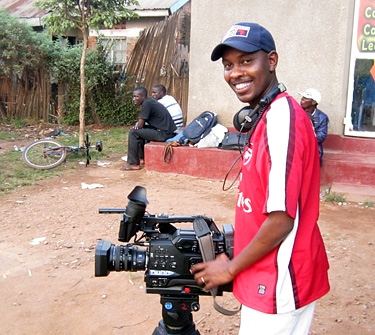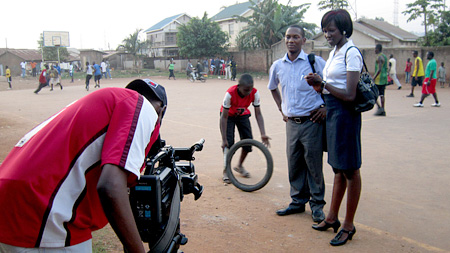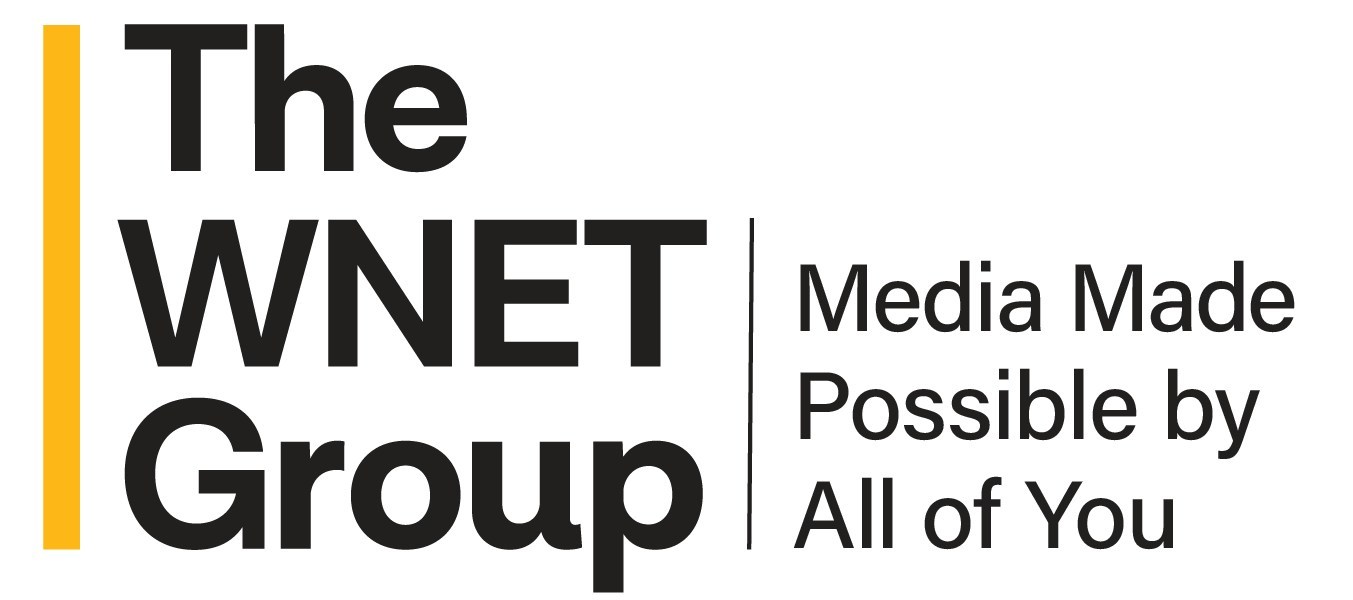A Kenyan Experience: Profile - Jeff Muthee
Name: Jeff Muthee
Age: 32

Family: Married. No kids.
Hometown: Nairobi, Kenya.
Languages spoken: English, Swahili and my native language Kikuyu.
Occupation: Producer/Cameraman/Editor.
What education have you had?
I started off shooting TV commercials and I had on the job training shooting plus editing. This was while working for East Africa’s biggest ad agency, the Scan group.
Current assignments:
I am currently editing a documentary for a local NGO and on the back burner is another documentary for East Africa Co-Operation.
Have you been busy?
I have been extremely busy, sometimes working throughout the weekend and some really long hours.
How large is your crew most times?
My crew varies, depending on the shoot. Of late I have been working with a crew of about three people per shoot. If I’m not shooting, a crew will have a cameraman, assistant producer and boom swinger. But I have worked with very large crews with more than five cameramen and sound people.
What is your opinion of the standard of Kenyan TV?
The standard of Kenyan TV is improving greatly. There are fresh young producers who are coming up and producing some top draw work. In my opinion, Kenya is the benchmark when it comes to quality productions. Kenyan producers are producing better directed shows, shows that have good lighting, good sound, good editing, and wonderful colour grading. We are producing better work than the Nigerians and only the South Africans are giving us stiff competition.
Shooting where?
In and around Kenya, but I am waiting for one project that I will be shooting in West Africa and South Africa.
Have you travelled much in Africa?
I haven’t travelled much in Africa but I have managed to shoot in Uganda and South Africa. Soon I will be in Rwanda.
Do you find any difficulties in working in Kenya?
No I don’t find it hard working in Kenya because I know the people and the terrain fairly well.
Have you faced any difficulties, cultural or governmental, when shooting in Africa?
Yes, some countries in Africa have a phobia for video cameras. You can’t just walk in and shoot, you need a permit from the government and this sometimes takes ages to get — if you are lucky.
What types of productions have you mostly shot?
I have shot TV commercials, dramas, documentaries, TV programs ranging from sports, news features, fashion programs, cookery programs and talk shows.
What was your first shooting job?
My first shooting job was a Sony commercial that we shot in Kenya. I was on the B-Roll camera and I remember missing a crucial shot. So, needless to say, I never got paid for that job
Most recent, interesting assignments?
Working on an edit for starving Kenyans. The footage I worked with was heart-wrenching but putting together the final piece, which touched millions of Kenyans, was very fulfilling.
Current camera equipment you use?
Currently I am using a Sony HVR S270HD camera. I like it because I mostly shoot to a card with a backup of tapes. Shooting on a card is faster, because it’s simply drag and drop.
Editing equipment and software?
I own an iMac desktop and on the field I have a MacBook Pro— both loaded with Final Cut editing software.
Other gear you have access to?
I have my trusted DVX 200B, a beautiful camera that produces wonderful pictures.

Equipment "wish list"?
I would like a Canon 5D.
Why do you want a DSLR like the 5D?
The reason I want this DSLR is its versatility. It’s different from the normal professional cameras that are in the market. It’s not bulky; it’s cheap compared to the other cameras and produces great pictures with the right lenses. The only drawback is its short recording time and the recording of sound that requires a separate sound recorder.
What useful piece of gear do you wish someone might make?
I wish Apple could make Final Cut handle two actions at the same time. For example, I could render one project in the background and work on another project at the same time. Plus a camera that can capture tapes at fast forward instead of real time.
When rendering out a project on Final Cut, unless you have a second editing bay, you can’t edit anything else on that particular machine — but if you could render one sequence and edit another sequence that would be awesome.
As for the camera that can capture on fast forward, it takes so much time downloading in real time — but I guess that has been taken care of by the tapeless technology
Best thing about your job?
Traveling and meeting new people while telling their stories.
Worst thing about your job?
I am away from home a lot and work long hours.
Dullest assignments and why?
Shooting press conferences when hired to do so and going around doing vox pops. Hate them!
Hairiest/scariest assignments and why?
I was shooting in the Eastern Part of Kenya in an area known as Ukambani. I wanted a wide shot of some rocks, so I moved further away to get the perfect shot. When I set up my camera I was adjusting the fluid head.
Suddenly I looked down and just next to my feet were two snakes that were enjoying the warmth of the sunlight! I froze but moved back slowly and was shaking for the rest of the day!
How much 16:9 do you shoot?
I don’t shoot a lot of 16:9. It’s only on request.
What country do you most like to shoot in?
Kenya has beautiful landscapes and wonderful people that make great pictures.
What’s your taste in music?
Gospel music, Reggae, Ragga.
Favourite food?
Rice and fish.
Contact details:
E: Newage.newagecommunications@gmail.com
Get the TV Tech Newsletter
The professional video industry's #1 source for news, trends and product and tech information. Sign up below.
